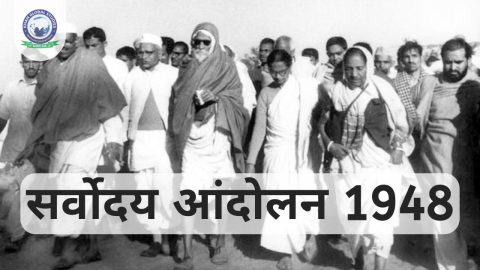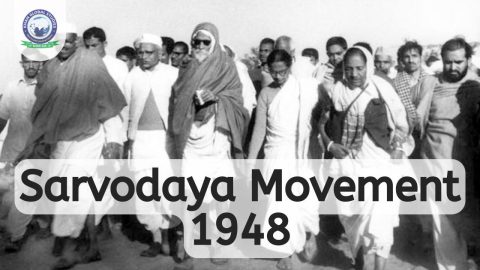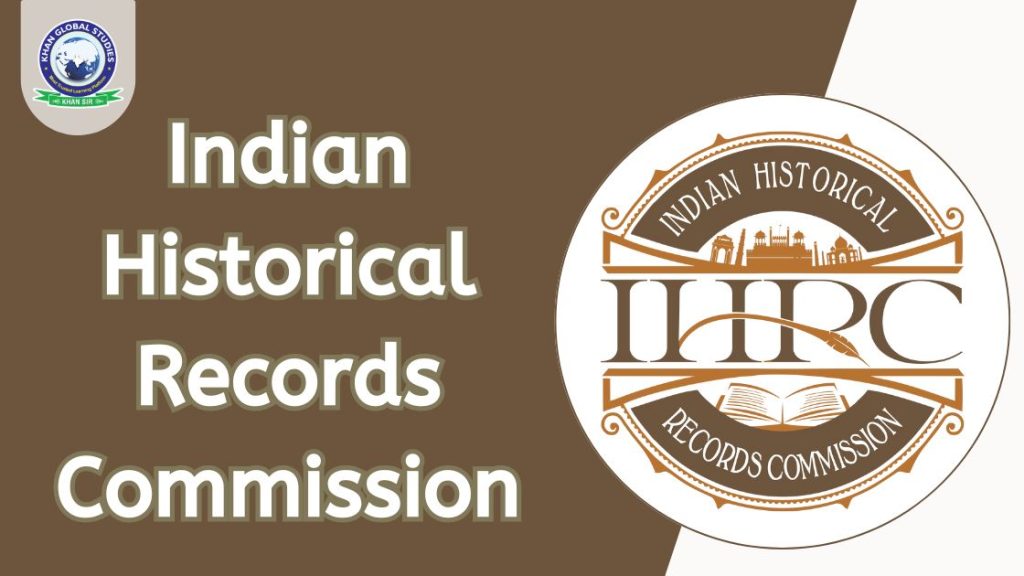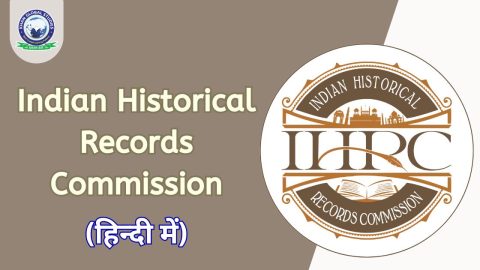The Indian Historical Records Commission (IHRC) plays a vital role in preserving and understanding India’s rich history. Established in 1919, it serves as a national forum for creators, custodians, and users of records, advising the Government of India on archival matters and historical research.
Establishment and Purpose
The Indian Historical Records Commission was established in 1919 under the stewardship of Sir Edward Maclagan, then Governor of the United Provinces of Agra and Oudh. Its primary objective was to oversee the compilation, preservation, and publication of historical records of India’s diverse cultural, social, and political landscape.
Significance
- Advising the Indian government on record management and promoting historical research.
- Identifying, collecting, cataloguing, and preserving historical documents, manuscripts, and other sources.
- Ensuring the conservation of valuable historical knowledge for future generations.
- Fostering public interest in archival preservation and utilization.
Functions and Responsibilities
The IHRC serves as a custodian of India’s historical legacy, tasked with the monumental responsibility of collecting, cataloguing, and digitizing archival materials from across the country. It collaborates with various archival institutions, libraries, and government agencies to ensure the comprehensive documentation of India’s past for scholarly research and public access.
Structure and Working
- The Union Minister of Culture heads the IHRC.
- It comprises over 134 members, including representatives from government agencies, nominated individuals, state/UT archives, universities, and educational institutions.
- The commission conducts periodic sessions where issues related to archives are discussed.
- It also has an editorial committee and a standing committee that oversees its work and reviews the implementation of recommendations.
Achievements
The IHRC has been instrumental in the development of archives across the nation.
It has helped establish standards for record management and develop guidelines for the preservation of archival materials.
The commission has also published various publications to promote historical research.
Preservation Efforts
One of the IHRC’s primary mandates is the preservation of historical records in various formats, including manuscripts, documents, maps, photographs, and audiovisual materials. The commission safeguards these invaluable artefacts from decay through meticulous conservation efforts, ensuring their longevity for future generations.
Promotion of Historical Research
The IHRC plays a pivotal role in fostering historical research and scholarship by facilitating access to archival resources for historians, scholars, and researchers. It organizes seminars, workshops, and conferences to promote interdisciplinary dialogue and encourage innovative approaches to historical inquiry.
Challenges and Future Directions
Despite its commendable efforts, the IHRC faces numerous challenges, including inadequate funding, technological limitations, and the need for enhanced collaboration with regional archival repositories. Moving forward, the commission must adapt to the digital age, harnessing technology to digitize and disseminate historical records more effectively.
Conclusion
The Indian Historical Records Commission stands as a custodian of India’s past, preserving the legacy of its diverse peoples and cultures for posterity. Through its tireless efforts, the commission ensures that India’s rich historical heritage remains accessible and relevant in the digital age, inspiring future generations to explore the intricacies of their shared history.





